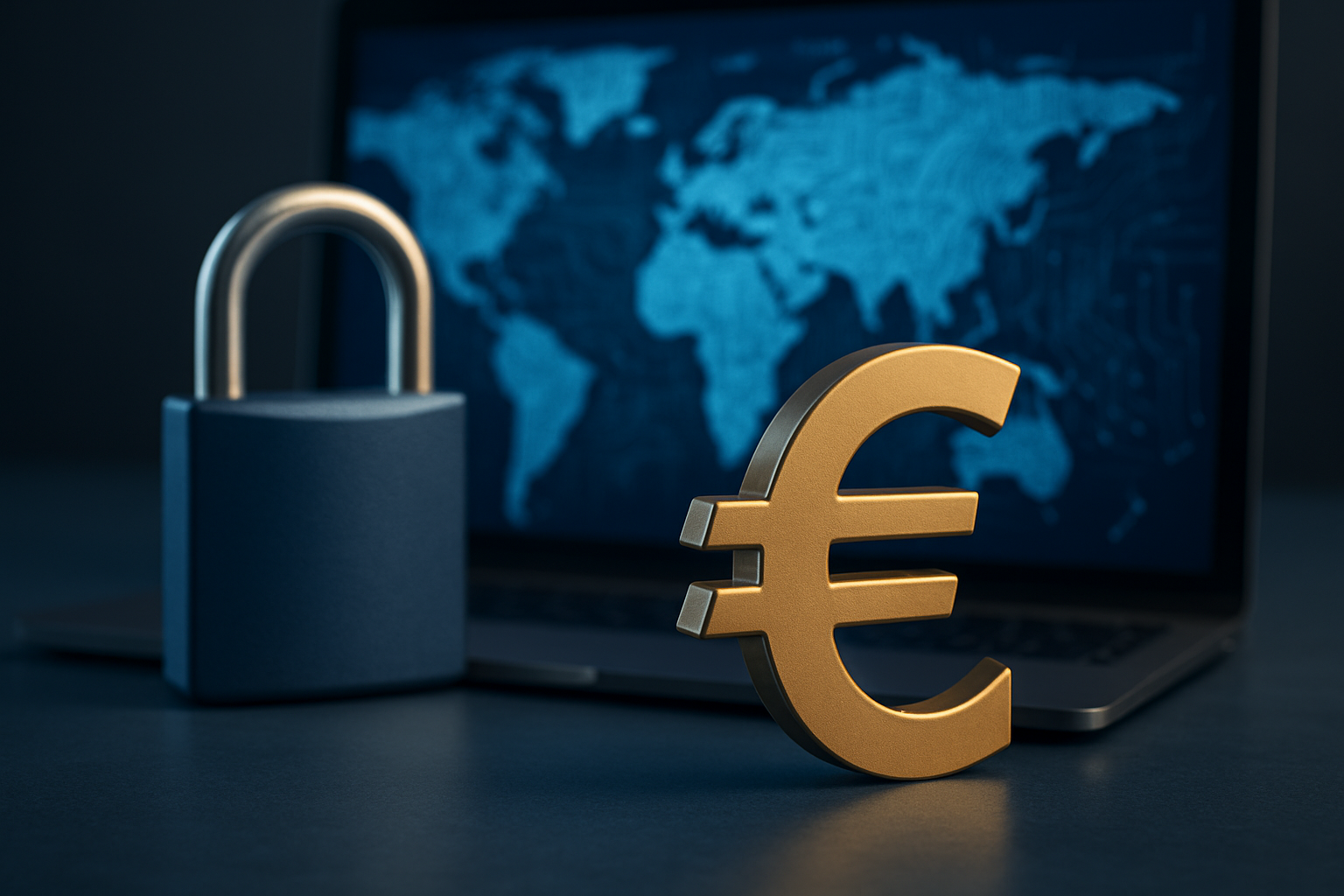As Europe faces escalating cyber threats and mounting pressure to secure its digital infrastructure, institutional capital is stepping in to fortify the continent’s cybersecurity ecosystem. In a move underscoring Europe’s strategic pivot toward technological sovereignty, the European Investment Fund (EIF) has committed €20 million to TIN Capital’s Cyber Tech Fund V, which recently closed at over €80 million.
The fund, focused on scaling up European cybersecurity innovators, represents a growing trend: public and private investors aligning capital with national and regional resilience goals. As geopolitical tensions redefine the tech and security landscape, Europe is signaling that cybersecurity is no longer just a tech theme — it’s an economic and political priority.
Cybersecurity Becomes a Strategic Investment Frontier
From state-sponsored hacking to AI-driven ransomware, the frequency and sophistication of cyberattacks have surged. According to ENISA (the EU Agency for Cybersecurity), the number of large-scale cyber incidents across Europe rose by more than 35% year-on-year in 2024, with critical infrastructure and supply chains being the prime targets.
The urgency has transformed cybersecurity from a niche technology play into a cornerstone of Europe’s broader digital autonomy strategy. The EU’s Cyber Resilience Act, coupled with increased defense and digital spending, is funneling capital into startups specializing in cloud security, encryption, threat intelligence, and AI-driven defense systems.
TIN Capital’s fund is well-timed — its focus on late-stage, high-growth cybersecurity companies positions it at the intersection of venture innovation and institutional-scale capital. “Cybersecurity is not only about defense; it’s about trust, competitiveness, and sovereignty,” said EIF Chief Executive Marjut Falkstedt in the official EIF announcement.
Why This Matters for Investors
The institutional backing of cybersecurity scale-ups signals a broader shift in Europe’s industrial policy — away from dependence on U.S. tech and toward indigenous innovation. The move mirrors patterns seen in the United States and Asia, where government-aligned funds have accelerated domestic defense-tech ecosystems.
For investors, this trend opens multiple pathways:
- Private Market Exposure: Venture and growth-stage funds targeting cybersecurity are gaining traction. Though illiquid, they offer asymmetric upside as exit markets mature.
- Public Market Opportunities: Listed small and mid-cap cybersecurity firms in Europe — such as Darktrace (LON:DARK) or ESET (pending IPO) — may benefit from the institutional halo effect and rising demand for localized solutions.
- ETF and Thematic Access: Thematic funds like the WisdomTree Cybersecurity ETF or iShares Digital Security ETF already provide diversified exposure to this expanding sector.
According to PitchBook, European cybersecurity startups raised $2.8 billion in 2024, a 22% increase from the previous year, despite a broader slowdown in venture capital funding. That resilience highlights investor conviction that security, data protection, and digital trust are not cyclical — they’re structural.
The Geopolitical Undercurrent
Cybersecurity investment is increasingly intertwined with geopolitics. The ongoing fragmentation of global tech supply chains and data governance frameworks — from the U.S.–China chip rivalry to the EU’s Digital Services Act — has elevated cybersecurity to a matter of strategic autonomy.
Europe’s push to cultivate “digital sovereignty” stems from its reliance on U.S. cloud and security providers like Microsoft ($MSFT), Palo Alto Networks ($PANW), and CrowdStrike ($CRWD). By nurturing homegrown cybersecurity champions, Europe aims to mitigate exposure to foreign technology dependencies and strengthen its internal resilience.
Moreover, the NATO Innovation Fund (NIF) — which launched with €1 billion in commitments across member states — is complementing private sector initiatives like TIN Capital’s fund, further amplifying the cybersecurity investment pipeline.
Future Trends to Watch
1. AI-Driven Defense Systems
The next generation of cybersecurity tools is expected to leverage AI for predictive threat detection. Companies using machine learning for real-time response could attract premium valuations.
2. M&A Acceleration
Expect consolidation as larger U.S. and European firms seek to acquire specialized startups to fill capability gaps. M&A activity in cybersecurity surged 18% in 2024, according to CB Insights.
3. Policy-Driven Investment Flows
New EU cybersecurity mandates will push both public entities and corporates to increase compliance spending, driving steady demand for vendors and service providers.
Key Investment Insight
Cybersecurity is emerging as a secular growth theme, not just a defensive play. Institutional capital flowing into European scale-ups signals a long-term opportunity for investors who can tolerate volatility and longer time horizons. Thematically, this sector aligns with global megatrends — digital transformation, AI integration, and national resilience.
Investors seeking exposure should consider a balanced approach: combining public cybersecurity equities with selective participation in venture or thematic funds targeting the European ecosystem. The upside lies in being early to a policy-backed transformation that could define Europe’s digital future.
As Europe redefines its digital defenses amid shifting geopolitical currents, cybersecurity investment is transitioning from a niche to a national imperative. For investors, that makes this sector one of the most strategically aligned — and potentially rewarding — frontiers in the emerging industries landscape.
Stay informed with MoneyNews.Today for daily insights on the trends, sectors, and funds shaping the next generation of global investment opportunities.





